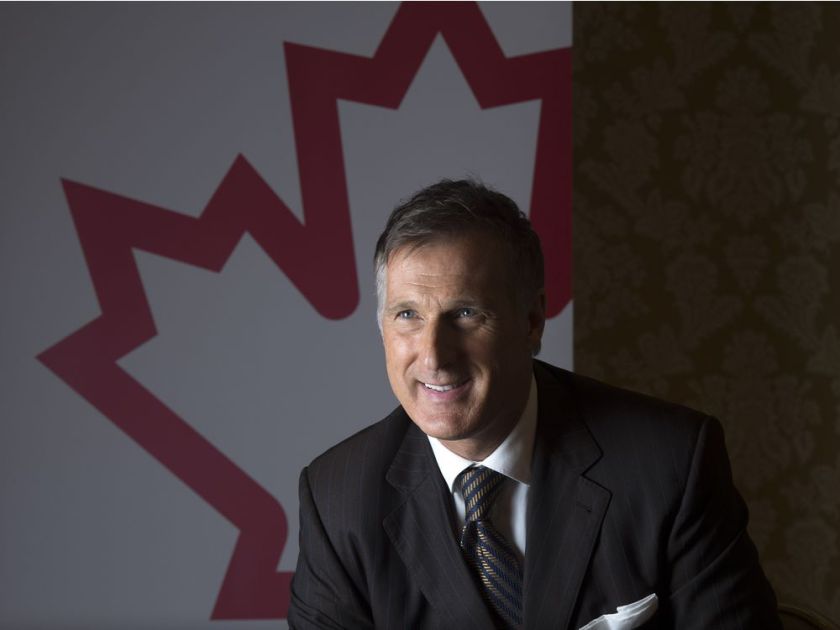To make sure we are all talking about the same thing, may I first offer you the official definition of multiculturalism in Canada. It does not mean “multiethnic,” which is a fact, as in “I live in a multiethnic neighbourhood.” Multiculturalism is a doctrine that can be criticized.
So here it is.
“It is hereby declared to be the policy of the Government of Canada to a) recognize and promote the understanding that multiculturalism reflects the cultural and racial diversity of Canadian society and acknowledges the freedom of all members of Canadian society to preserve, enhance and share their cultural heritage.” — Canadian Multiculturalism Act
It seems that public conversations about immigration, diversity and especially multiculturalism are verboten in Canada. To mention the advantages of integration, on any tone, in any manner, smacks of colonialism, it seems.
When have we become fearful of confronting in the public square issues that are openly discussed in people’s homes and places of work? Why are a German chancellor and a British prime minister able to question the benefits of multiculturalism without being called racists while we go crazy when an elected Member of Parliament does the same thing in a series of tweets?
Not being open about something that annoys many Canadians will create the perfect conditions for the rise of populist heroes who will promise to “call it as (they) see it.” Remember, an overwhelming majority of Canadians were in favour of having the niqab banned at citizenship ceremonies. They can’t all be racists.
Nothing Maxime Bernier wrote on Twitter last week carries hints of racism or xenophobia, as classically understood. His words brought me back to Neil Bissoondath’s seminal and controversial 1994 essay, Selling Illusions: The Cult of Multiculturalism in Canada.
Bissoondath was born in Trinidad and Tobago. He teaches, in French, creative writing at Université Laval in Quebec City, where he resides. He is the nephew of V.S. Naipaul, the recently deceased winner of the 2001 Nobel Prize for literature, and has himself published several noted works of fiction.
Selling Illusions made him both famous and infamous. According to the literary magazine Quill & Quire, someone called him a “coconut” on television, brown on the outside, white on the inside. Very droll. He recounts, in a 2002 revised edition of the book, how he was attacked by the political left while Canadians in the public at large reacted more favourably.
Although a member of the chattering classes himself, what a ride he got from the intelligentsia. He was vilified in the mid-1990s by then secretary of state for multiculturalism Sheila Finestone, who declared on W5, decades before Justin Trudeau did, “There isn’t one Canadian identity. … Canada has no national culture.”
Why anyone would think not having a national culture is a good thing puzzles me. Imagine living in a world without French culture, Italian culture, Japanese culture, Moroccan culture, Mexican culture, Ojibway culture, etc. What would humanity gain from that?
Great cultures are built in layers. Immigrants bring what’s important to them to their new country and by integrating into the host culture, add to what’s already there, making it richer, more unified. In the process, they leave something coherent for their children to carry over and enrich, as opposed to wondering who they really are for the rest of their lives.
Gazette columnist extraordinaire Ashok Chandwani, who died in 2003, was a friend of mine. An immigrant from India who did very well in his adopted land, he wrote with deep knowledge and a complete absence of resentment about the immigrant experience. He wrote in a column that “Bissoondath’s concerns are exactly the ones the young second-generation immigrants tackle” — their parents clinging to a past, culture and country unfamiliar to them.
And we know how toxic that can be.
A country can be happily multiethnic without embracing multiculturalism.



























